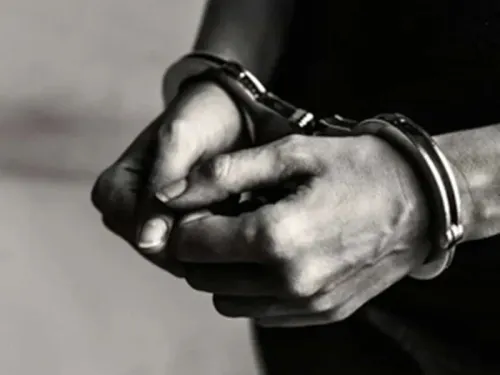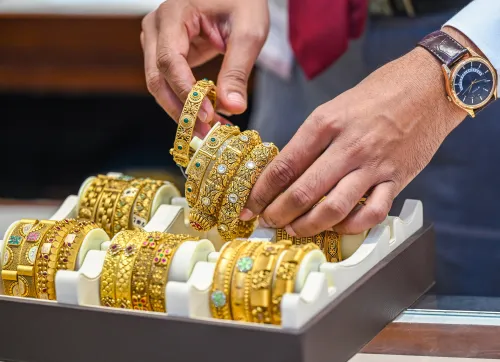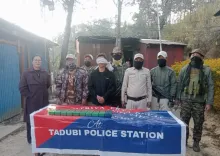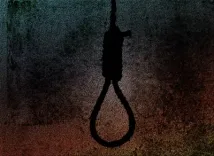Did the Delhi HC Really Grant Bail to a Man Accused of Dowry Cruelty and Abetting His Wife's Suicide?
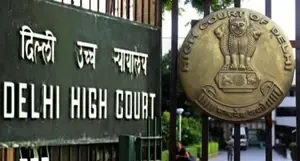
Synopsis
Key Takeaways
- Delhi High Court grants bail after significant custody time.
- Trial has made little progress, with no witness testimonies.
- Accused has no prior criminal record.
- Concerns raised about the reliability of the daughter's statement.
- Bail conditions include cooperation with the investigation.
New Delhi, Nov 27 (NationPress) The Delhi High Court has granted bail to a man charged with dowry-related cruelty and abetting his wife's suicide, noting that he has already spent over two-and-a-half years in custody while the trial has seen insignificant progress.
A single-judge Bench presided over by Justice Sanjeev Narula indicated that continued detention cannot be justified now that the investigation is complete, charges have been framed, and the 29 prosecution witnesses remain unexamined.
Justice Narula stated, "The Applicant has been in custody for more than two years and six months. The investigation is complete, and a chargesheet has been filed. Charges have been framed, and the matter is currently awaiting the recording of prosecution evidence. Not one of the 29 cited witnesses has been examined thus far."
The accused was apprehended following the death of his 25-year-old wife, who reportedly ingested poison on April 4, 2023.
The father of the deceased accused the husband and his family of enduring dowry harassment, alleging continuous demands for money and instances of physical abuse since the early years of marriage.
In opposing the bail application, the prosecution emphasized a statement from the couple's minor daughter under Section 164 CrPC, which alleged assault the night before the incident.
However, the Delhi High Court noted that the death occurred "under circumstances not typical" and within seven years of marriage, but highlighted that the third requirement, evidence of cruelty or harassment close to the time of death, needs thorough examination.
Regarding the daughter's claims of physical violence and burn injuries, Justice Narula pointed out the absence of medical verification.
"The post-mortem report does not indicate any external injuries, burn marks, or evidence of recent physical violence," the Delhi High Court remarked, adding that considering the child's young age and the delayed capturing of her statement, "its ultimate weight and reliability will necessitate careful assessment at trial."
Justice Narula concluded, "At this stage, the lack of medically verified injuries and the absence of timely allegations of dowry demands raises a prima facie doubt regarding whether the essential link between the alleged cruelty and the death has been established."
While noting that the accused has no prior criminal record and that the prosecution failed to demonstrate any attempts by him to flee or disrupt the investigation, the Delhi High Court stated, "There is no evidence before this Court to suggest that the applicant has any previous criminal background, nor has any specific instance been identified where he attempted to flee or interfere with the investigation."
In granting bail, Justice Narula mentioned that the prosecution's concerns could be addressed through stringent measures.
The accused has been released on a personal bond of Rs 25,000 with two sureties and must not threaten or influence witnesses, cooperate with ongoing investigations, appear before the trial court as instructed, provide his residence information, keep his phone operational, report to the local police station every three months, and avoid leaving the country without the court's consent.
The Delhi High Court emphasized that its remarks were solely for the purpose of deciding the bail application and "should not affect the trial's outcome."



